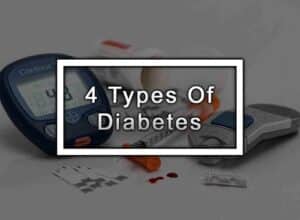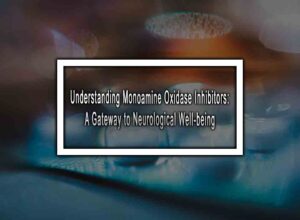Table of Contents
ToggleFactitious Disorder: When Faking It Becomes a Mental Illness
Factitious disorder, also known as Munchausen syndrome, is a rare and controversial mental illness that causes individuals to fake or induce illness in themselves or others. It is a serious condition that often goes undiagnosed and can lead to severe consequences. In this article, we will share eight shocking facts about factitious disorders that everyone should be aware of.
8 Shocking Facts About Factitious Disorder
1. It Can Be Difficult to Diagnose
Factitious disorder is a challenging diagnosis to make as individuals may go to great lengths to conceal their symptoms and deceive medical professionals. The disease can be misdiagnosed as another illness, leading to unnecessary treatments or hospitalizations.
2. It Can Be Life-Threatening
Individuals with factitious disorders may put themselves or others in danger by inducing illness or tampering with medical equipment. They may receive unnecessary surgeries or medications that can have harmful side effects.
3. It Can Affect Anyone
Factitious disorder is not limited to a particular age, gender, or ethnic group. Anyone can develop the condition, including healthcare professionals who may have more knowledge of medical procedures.
4. It Can Be Driven by Psychological Trauma
Many individuals with factitious disorders have experienced trauma or abuse in their lives that may have led to their motivations to seek attention and sympathy through illness.
5. It Is Often Misunderstood
There is a lack of awareness and understanding of factitious disorder among the general public, which can lead to stigmatization and prejudice towards those with the condition.
6. It May Have a Genetic Component
Research has suggested that there may be a genetic component to factitious disorder, with some family members exhibiting similar behaviors.
7. It Can Be Treated, But It Is Challenging
Treating factitious disorder involves a comprehensive approach involving medical and psychological care. The condition can be difficult to treat as individuals may resist intervention or continue to fake symptoms.
8. It Is Not the Same as Malingering
Factitious disorder is not the same as malingering, which involves intentionally feigning or exaggerating symptoms for personal gains, such as financial compensation.
Conclusion
Factitious disorder is a complex and misunderstood mental illness that can have severe consequences for those affected. It is essential to raise awareness and understanding of the condition to support those who may be struggling with it and ensure they receive the appropriate care they need.
Factitious Disorder FAQ
Here are the most common questions about factitious disorder.
What are some common symptoms of factitious disorder?
People with factitious disorders may exaggerate existing symptoms, create new symptoms, or even induce symptoms deliberately. Commonly reported symptoms include fever, pain, vomiting, and skin conditions.
How is factitious disorder different from hypochondria?
While both factitious disorder and hypochondria involve a preoccupation with illness and medical symptoms, factitious disorder involves intentionally creating or exaggerating symptoms, while hypochondria involves excessive worry and fear of having a serious illness.
Who is most at risk for developing a factitious disorder?
Factitious disorder is more common in women and tends to develop in adolescence or early adulthood. It is often associated with a history of trauma or a need for attention.
How is a factitious disorder diagnosed and treated?
Factitious disorder can be difficult to diagnose, as people with the disorder may go to great lengths to deceive medical professionals. A careful medical history, a physical examination, and psychological testing may be used to diagnose the disorder. Treatment may involve therapy to address underlying emotional issues and modify behavior patterns. In some cases, hospitalization may be necessary to separate the person from medical treatment that is not necessary.
Can a factitious disorder be cured?
It is possible for some people with a factitious disorder to recover with treatment, although the prognosis may vary depending on the severity of the disorder and the person’s willingness to participate in therapy. Regular follow-up care and continued monitoring may also be necessary to prevent relapse.












